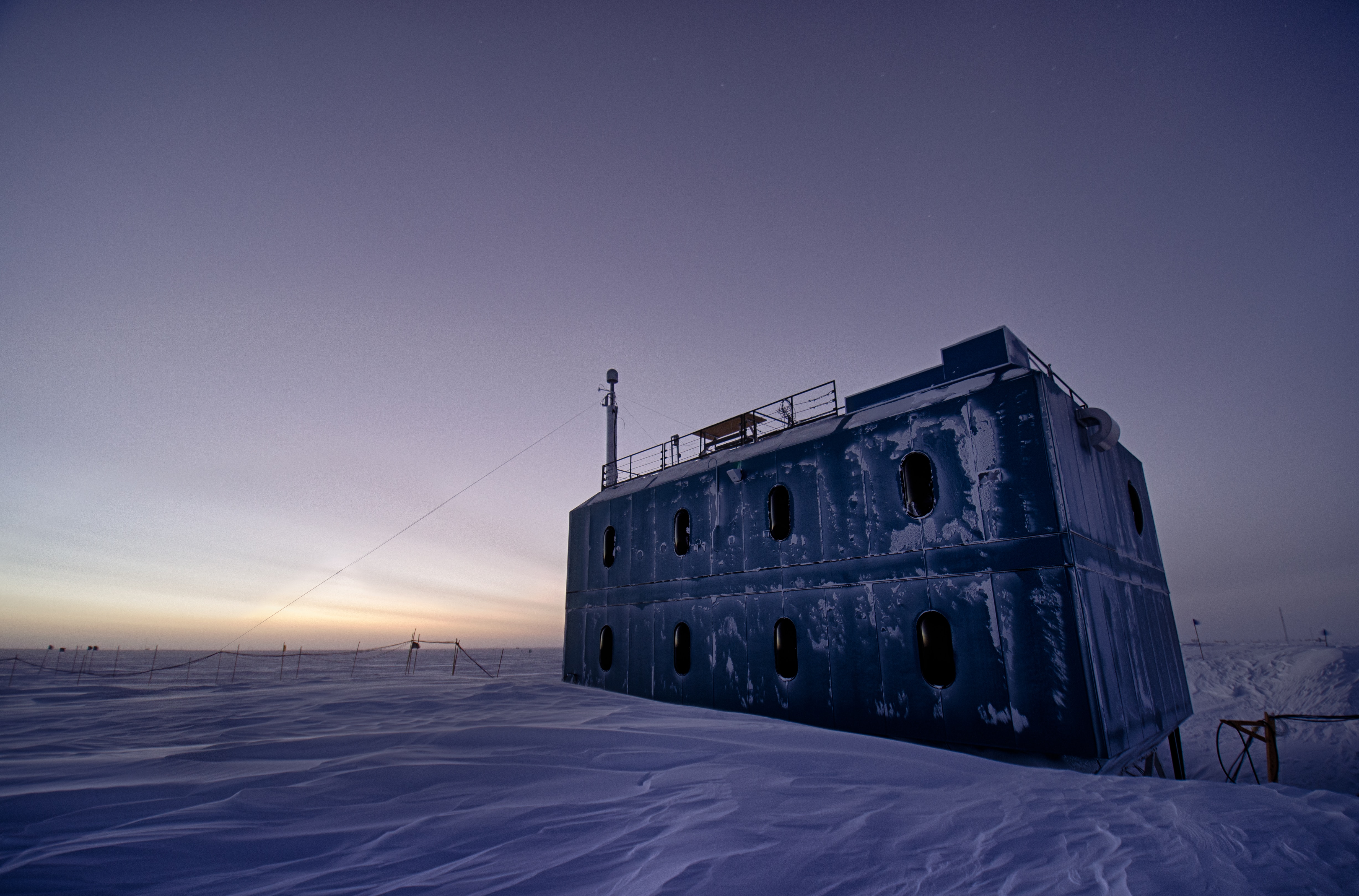How 14 months in Antarctica changes your brain
Studying the effects of isolated, monotonous environments on the human brain has important implications for space travel
Photo by Cassie Matias on Unsplash
In a short correspondence published in the New England Journal of Medicine, neuroscientists studied the brains of polar researchers. The nine scientists lived in Antarctica for a span of 14 long months, enduring isolation and extreme environmental conditions. The neuroscientists used magnetic resonance imaging (MRI) to take pictures of the explorers’ brains and measure the volume of different areas before, during and after the expedition. When they compared the before and after scans, they found that certain brains areas became smaller in the explorers subjected to these extreme conditions compared to controls.

Of particular interest was the hippocampus, an important area for learning and memory. They found that a specific area of the hippocampus called the dentate gyrus seemed to be especially vulnerable to the Antarctic environment, with the most substantial decrease. The polar researchers also had lower levels of brain-derived neurotrophic factor — a protein that is important for neurogenesis — and worse performance on tests of spatial abilities. The authors say that these data should be taken with a grain of salt since only nine explorers were studied and it's unclear exactly which of the elements of the Antarctic mission contributed to these changes in brain structure and function. Was it being limited to interacting with the same small group of people for more than a year? Or living in a monotonous environment? Or stress? Or poor sleep? These questions can only be answered with more research.





















